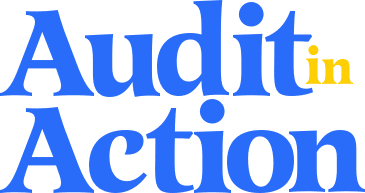Fighting Fraud for Two Decades
You don’t have to go too far back in history to see how financial reporting fraud can harm US markets. The fraud scandals in the early 2000s led to a massive disruption in the markets and – more importantly – investor trust in those markets.
“Financial fraud has threatened the underlying fabric of markets in the past,” said Phillip Austin, National Assurance Managing Partner at BDO. “Companies were failing that shouldn’t have failed based on their financial reports, because financial statements were being manipulated.”
This fraud threatened everyone with money invested in US markets, from large institutional investors to individual Americans with 401ks. Fortunately, the tools to fight fraud have strengthened substantially over the past 20 years. Transformational financial reporting regulation in the United States, through the Sarbanes-Oxley Act, increased public company management’s accountability for fraud prevention and the external auditors’ independence.
Auditors are increasingly leveraging data and technology to fight fraud. With new automation technology, auditors are moving from sampling small subsets of relevant data to looking at larger swaths or even complete datasets. In specific cases, auditors are applying technology like machine learning to effectively evaluate documents for specific terms or phrases.
“The outcome of auditors’ efforts to fight fraud really starts with sustaining audit quality, which includes robust execution of fundamental audit procedures to detect material misstatements from fraud,” said Christian Peo, National Managing Partner, Audit Quality and Professional Practice at KPMG. “That’s critical to our role in protecting and serving the capital markets.”
Auditors are fulfilling their responsibility to fight fraud under US auditing standards, but fraud deterrence and detection is a shared responsibility, according to CAQ Executive Director Julie Bell Lindsay.
“It requires extreme vigilance from all participants in the financial reporting system,” said Lindsay. “That includes regulators, internal and external auditors, audit committees, and especially public company management, which is ultimately responsible for designing and implementing programs and controls to deter and detect fraud.”
The United States has one of the strongest financial reporting systems in the world. In fact, regulators in other countries are considering establishing their own laws and regulations with provisions similar to the Sarbanes-Oxley Act in the United States.
Innovation by auditors and other financial reporting stakeholders in the US will continue to improve our ability to fight fraud in the future.
